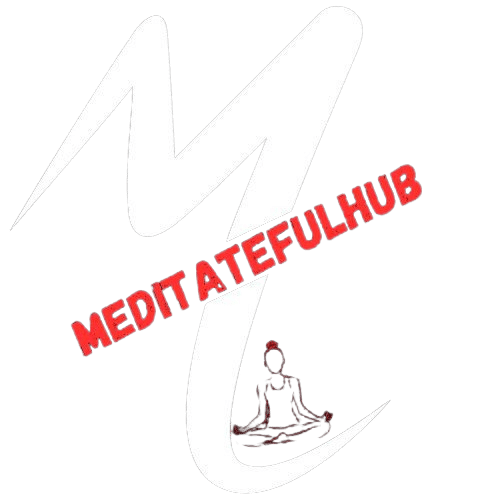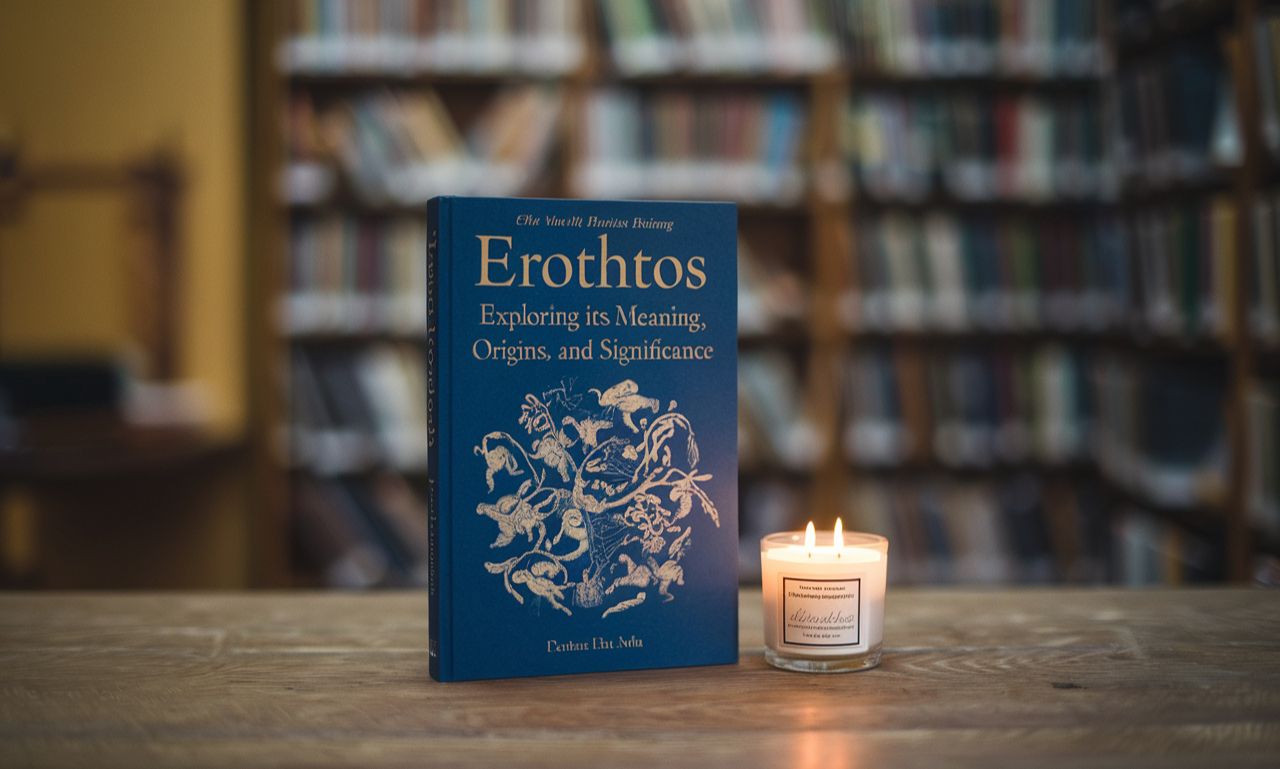Meditation has become one of the most sought-after practices for improving mental clarity, lowering stress levels, and promoting emotional well-being. Think of it as a tool—a skill you can hone for better focus and mindfulness in your daily life. If you’re new to meditation, you might wonder where to start or if there’s a “right way” to do it. This guide will provide beginners with actionable steps to master meditation and make it a rewarding part of your lifestyle.
Whether you’ve decided to meditate to manage stress, sharpen your focus, or simply experience your mind more deeply, you’re in the right place. Here’s everything you need to know about how to meditate as a beginner.
Why Meditate? The Transformative Benefits
Before you jump into the “how,” it’s essential to understand the “why.” Meditation has been scientifically proven to have a major positive impact on both the mind and body. Here are just a few of the well-established benefits:
Mental Clarity and Focus
Studies suggest that consistent meditation improves cognitive function, memory retention, and focus. It’s no wonder that high-performing professionals often turn to meditation to enhance productivity.
Stress Reduction
Research has confirmed that meditation lowers cortisol levels—your body’s primary stress hormone. Mindfulness practices can help you respond to stressful situations more calmly.
Emotional Well-Being
Meditation cultivates self-awareness and emotional resilience. Many practitioners find it easier to process emotions and develop empathy through regular practice.
Better Sleep
Struggling to fall or stay asleep? Meditation helps quiet the mind, making it an effective tool for those who battle insomnia or restless nights.
Physical Health
Some meditation techniques positively impact physical health by improving heart rate, reducing blood pressure, and strengthening the immune system.
Getting Started With Meditation
If you’re intimidated by glossy Instagram images of people meditating in serene settings, don’t worry—meditation doesn’t require perfection or fancy gear. All you need is a quiet space and a commitment to start.
Step 1: Prepare Your Environment
To meditate effectively, find a distraction-free zone where you can sit comfortably. This doesn’t need to be an elaborate setup; a quiet corner in your home is more than enough. Dim the lights, silence your phone, and create an environment that feels calming.
If you enjoy ambiance, consider adding soft instrumental music, essential oils, or a meditation cushion for extra comfort.
Step 2: Choose Your Meditation Technique
There are several methods of meditation, but as a beginner, these are a few simple techniques to start with:
- Focused Attention Meditation: Focus on your breath, a sound, or a specific object (such as a candle’s flame) to center your thoughts.
- Body Scan Meditation: Gradually bring your attention to different parts of your body. Notice sensations, tightness, or tension as you relax step by step.
- Mindfulness Meditation: Observe your thoughts and feelings without judgment. Simply notice them as they come and go, like clouds in the sky.
Choose the technique that resonates most with you. While there’s no “one-size-fits-all,” experimentation will guide you toward your personal preference.
Step 3: Set a Time Limit
When you’re starting out, meditating for five to ten minutes is perfectly fine. Use a timer to gently mark the end of your session. For some, guided meditation apps like Calm or Headspace provide helpful structure and timing.
Step 4: Focus on Your Breath
The breath is a powerful anchor in meditation. Begin by taking slow, deep breaths—inhale for four counts, hold for two, and exhale for six counts. Focus on the sensation of air entering your nose, filling your lungs, and exiting your body.
When your attention drifts (and it will), gently bring it back to your breath. This practice is like exercising a muscle; over time, your ability to stay focused will improve.
Step 5: Use Guided Meditations
Guided meditations are an excellent starting point for beginners. These typically involve an experienced instructor walking you through the session, making it easier to focus and stay present.
Popular app-based options include:
- Calm
- Insight Timer
- Headspace
- Simple Habit
Each platform offers varying durations, themes, and guidance levels, making them ideal for a range of preferences.
Step 6: Be Consistent
Meditation is most effective when practiced regularly. Aim to meditate daily, even if just for a few minutes. Building a habit is more important than achieving lengthy sessions.
Common Challenges Faced by Beginners (and How to Overcome Them)
Like any skill, meditation comes with its challenges. Here’s how you can tackle common obstacles:
Feeling Restless or Distracted
Problem: Your mind keeps wandering, or you feel physically restless.
Solution: This is a natural part of the process. Whenever this happens, gently redirect your focus to your breath, body, or chosen point of concentration. Over time, distractions will become less persistent.
Impatient for Results
Problem: You’re expecting immediate improvements in your mental state or focus.
Solution: Meditation is a practice—not a quick fix. Approach it with patience, and view progress as cumulative.
Difficulty Sitting Still
Problem: You find it hard to sit for prolonged periods.
Solution: Try meditating while lying down or in a chair. Avoid perfectionism; comfort is key to consistency.
Building Your Meditation Practice
To truly enjoy meditation’s benefits, consistency over time matters more than perfection. Integrate meditation into your daily routine to make it stick:
- Pair your sessions with an existing habit, like meditating right after brushing your teeth.
- Experiment with different styles and techniques to discover what feels natural.
- Set reminders or daily goals to build the habit without stress.
Advanced Meditations to Explore
Once you’re comfortable with beginner techniques, consider exploring more advanced practices:
- Loving-Kindness Meditation: Focuses on cultivating compassion for yourself and others.
- Visualization Meditation: Guides you to imagine a positive scene or outcome.
- Transcendental Meditation (TM): Uses mantras to reach a deep level of relaxation.
Invest in Your Inner Peace Today
Meditation is more than just a trend; it’s a discipline that offers profound mental, emotional, and physical benefits. While the first steps may feel uncertain, don’t underestimate the power of showing up and trying.
Are you ready to begin your meditation journey? Start small, be patient, and transform your well-being one breath at a time. If you’re looking for tips, guided resources, or additional tools to enhance your practice, visit our meditation hub for more.
Conclusions
Meditation is a valuable practice that fosters self-awareness, emotional resilience, and inner peace. By integrating meditation into your daily routine, you can unlock its life-changing benefits and create a stable foundation for ongoing personal growth. Whether you are seeking stress relief, improved focus, or a deeper connection to your inner self, meditation has the potential to transform your life in meaningful ways. Take the first step today and commit to nurturing your mental and emotional well-being—because true peace begins within.











